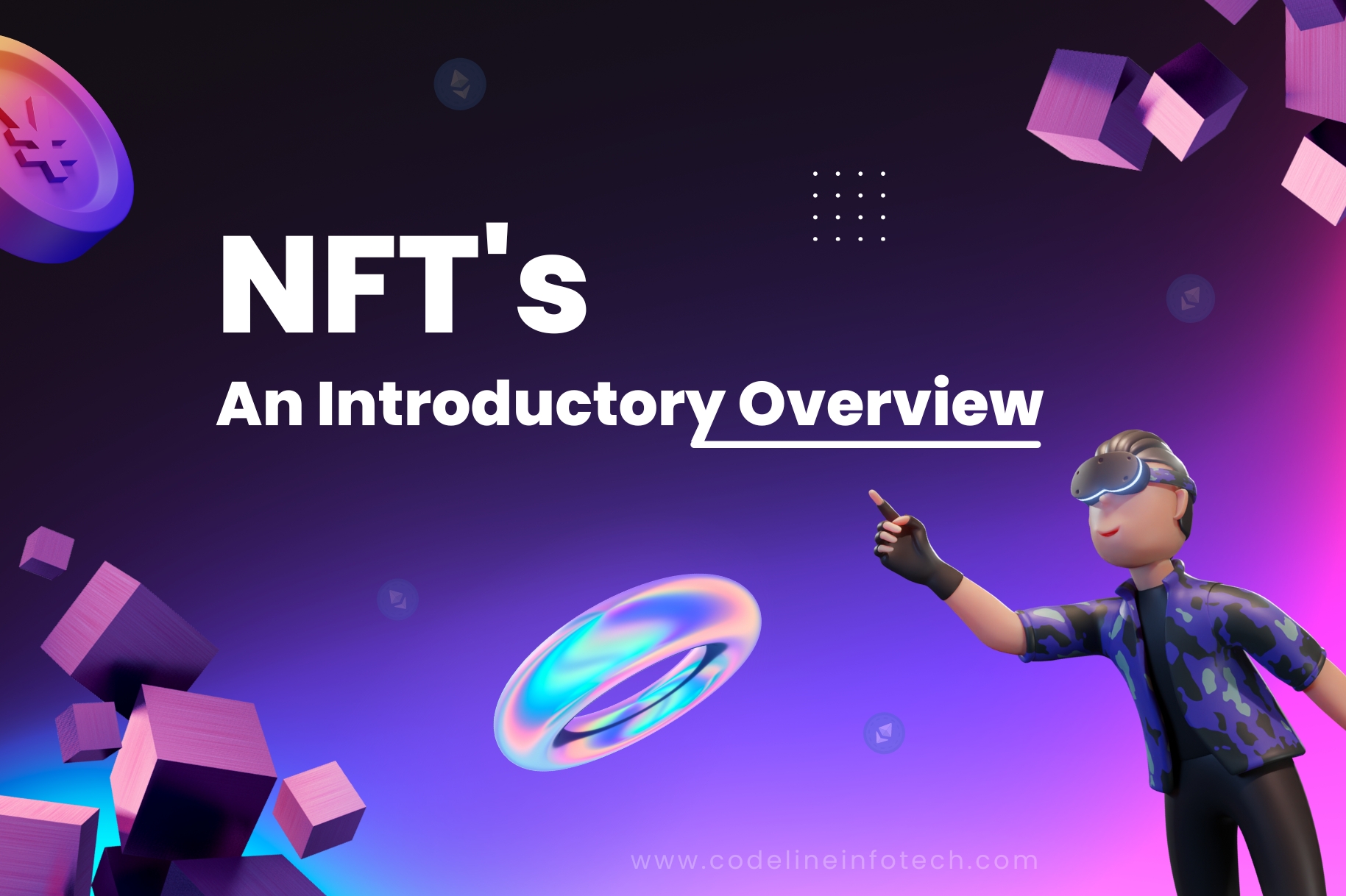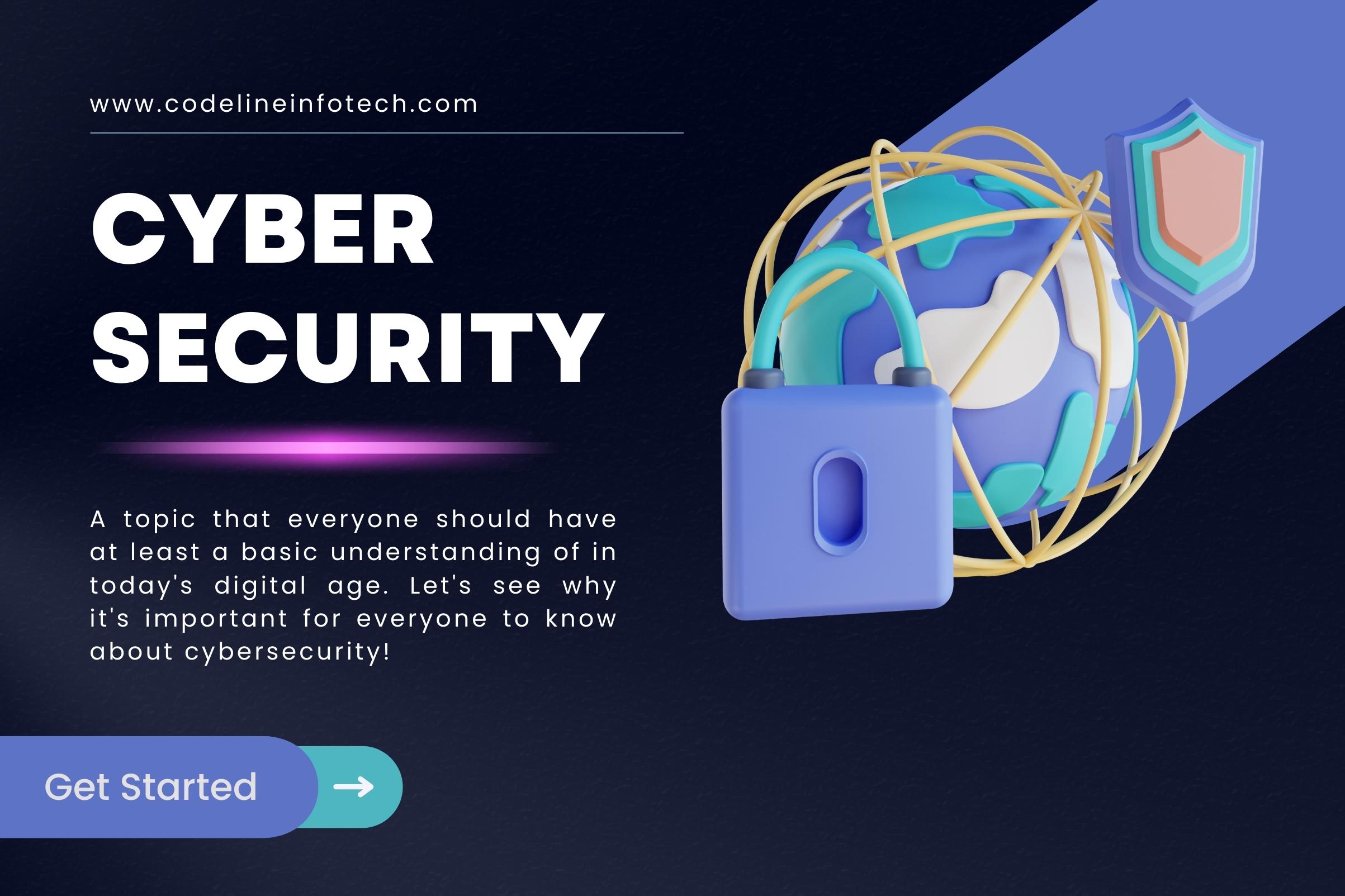BlogRead Our Latest Project

Top 7 Flutter State Management Libraries in 2023
Flutter State Management
Flutter State Management is a one of the most important topics to consider while creating Flutter apps. Flutter is a popular mobile application development framework that comes with a variety of powerful tools and features, including robust state management capabilities.
State management is a critical aspect of building scalable, maintainable, and efficient mobile applications. State management refers to the process of managing and updating the state of a widget or the entire application. State is the data that controls the behavior and appearance of an application. It can be as simple as a Boolean value or as complex as a custom object. In this article, we'll be diving into the best Flutter libraries out there, By exploring the most powerful and effective Flutter libraries available, you can take your app development skills to new heights.
State management is a critical aspect of building scalable, maintainable, and efficient mobile applications. State management refers to the process of managing and updating the state of a widget or the entire application. State is the data that controls the behavior and appearance of an application. It can be as simple as a Boolean value or as complex as a custom object. In this article, we'll be diving into the best Flutter libraries out there, By exploring the most powerful and effective Flutter libraries available, you can take your app development skills to new heights.
The 7 most popular Flutter state management libraries are:
- 1. Block
- 2. Inherited Widget
- 3. Provider
- 4. Riverpod
- 5. MobX
- 6. GetX
- 7. Cube
BLoC
BLoC stands for Business Logic Component. It is a state management pattern and library in Flutter for managing the flow of data between the UI layer and the business logic layer of an application. It helps to separate the presentation layer from the business logic layer, making the code more modular and easier to maintain.
In BLoC, the business logic layer is represented by a set of components called "BLoCs". Each BLoC is responsible for handling a specific part of the application's logic and data. The BLoCs expose a set of streams and sinks, which are used to send and receive data between the UI layer and the business logic layer.
The UI layer interacts with the BLoC using "StreamBuilder" widgets, which listen to the BLoC's streams and update the UI whenever new data is received. When the user interacts with the UI, the UI layer sends events to the BLoC using "Sink" widgets, which triggers the corresponding business logic.
Overall, BLoC is a powerful state management pattern and library in Flutter, and it is widely used by developers to build scalable and maintainable applications.
Inherited Widget
Inherited Widget is a Flutter library that provides a way to efficiently share data across a widget tree. An Inherited Widget is a widget that can be passed down from a parent widget to its descendants, carrying with it some data that can be accessed by its descendants. When the data changes, the Inherited Widget rebuilds the descendants that depend on the data, but avoids rebuilding the entire widget tree, which can be expensive and time-consuming
Inherited Widget is particularly useful for managing application state across a widget tree. Instead of passing state down manually through callbacks, an Inherited Widget can be used to pass the state down automatically, making it easier to manage and update the state as needed. In addition, Inherited Widget can help to reduce the amount of boilerplate code needed to manage state, making the code more concise and readable.
Overall, Inherited Widget is a powerful Flutter library that can help to simplify state management and improve the performance of widget trees by efficiently sharing data across them.
Provider
Provider is a state management library for Flutter that provides an efficient and simple way to share data across the widget tree. It is built on top of Flutter's InheritedWidget and ChangeNotifier classes, which allow data to be passed down the widget tree and trigger rebuilds when the data changes.
Provider is designed to be flexible and customizable, allowing developers to easily manage different types of data in their apps. It supports various types of data sources, including static data, asynchronous data, and streams, making it suitable for many different use cases.
One of the key benefits of using Provider is that it reduces boilerplate code and makes app development faster and more efficient. It also simplifies the management of app state, reducing the likelihood of bugs and making it easier to maintain and update code over time.
Overall, Provider is a highly versatile and efficient state management library for Flutter, and is a popular choice among developers for managing app state.
Riverpod
Riverpod is a state management library for Flutter that provides a simple and concise way to manage app state. It is designed to be more composable, testable, and concise than the popular Provider library, and aims to provide a better developer experience overall.
Built on top of Flutter's Provider library, Riverpod offers a modern and declarative approach to state management. It uses dependency injection to simplify the management of complex data structures, and supports asynchronous loading of data, scoped providers, and state notifiers, making it easy to manage app state at different levels of the widget tree.
One of the key benefits of Riverpod is its flexibility and customization options. It allows developers to create custom providers and define provider overrides at runtime, making it highly adaptable to different use cases. Riverpod also offers an intuitive and easy-to-use API, reducing boilerplate code and speeding up app development.
Overall, Riverpod is a powerful and efficient state management library for Flutter that offers a modern and concise approach to managing app state. Its use of dependency injection and advanced features make it a popular choice among developers looking to simplify the management of complex data structures in their apps.
MobX
MobX is a state management library for Flutter that uses reactive programming to automatically track and update changes to state. It provides a simple and powerful way to manage app state, reducing boilerplate code and making it easier to write scalable and maintainable code.
With MobX, developers can define observables and actions that automatically trigger updates to the user interface when the state changes. This reactive approach allows for more efficient and responsive apps, with minimal code required to handle complex data structures.
MobX is also highly flexible and customizable, with support for asynchronous data loading, computed properties, and automatic disposal of unused observables. It integrates well with existing Flutter code, and can be easily used in combination with other state management libraries such as Provider or Riverpod.
Overall, MobX is a powerful and efficient state management library for Flutter that offers a reactive and declarative approach to managing app state. Its support for reactive programming and advanced features make it a popular choice among developers looking to simplify state management and improve the performance of their Flutter apps.
GetX
GetX is a Flutter state management library that provides a powerful and concise way to manage app state, navigation, and dependency injection. It is designed to be easy to use and highly performant, with minimal boilerplate code required to manage complex app state.
With GetX, developers can easily create reactive and declarative UIs that update automatically in response to changes in state. It also includes advanced features such as smart dependencies, lazy loading, and global state management, making it easy to manage app state at different levels of the widget tree.
GetX also includes a powerful routing system that allows developers to define named routes, pass parameters between screens, and handle deep links with ease. It also includes a built-in dependency injection system that supports lazy loading and allows for easy testing and mocking of dependencies.
Overall, GetX is a highly efficient and customizable state management library for Flutter that offers advanced features such as smart dependencies and lazy loading, making it a popular choice among developers looking to improve the performance and scalability of their apps.
Cube
Cube is a state management library for Flutter that provides a simple and powerful way to manage app state using the Cube architecture. This architecture divides the app state into independent and reusable "cubes," each with its own logic and data.
With Cube, developers can create small, self-contained cubes that handle specific aspects of the app state, such as authentication, user preferences, or network requests. Cubes can communicate with each other through a shared "service" layer, which provides a clean and efficient way to manage dependencies between cubes.
Cube also includes a powerful event system that allows developers to define actions and triggers that update the app state in response to user input or changes in data. This makes it easy to create reactive and dynamic UIs that respond in real-time to user interactions.
Overall, Cube is a flexible and customizable state management library for Flutter that offers a simple and efficient way to manage app state using the Cube architecture. Its support for independent and reusable cubes makes it easy to build scalable and maintainable apps, while its event system provides a powerful and declarative way to manage app state and UI updates.
When choosing a Flutter state management library, it is important to consider the needs of your application and the level of complexity involved. A good state management library should provide a simple and efficient way to manage app state, without introducing unnecessary boilerplate code or causing performance issues. By choosing the right state management library for your app, you can save time, reduce errors, and make the development process smoother and more enjoyable.







